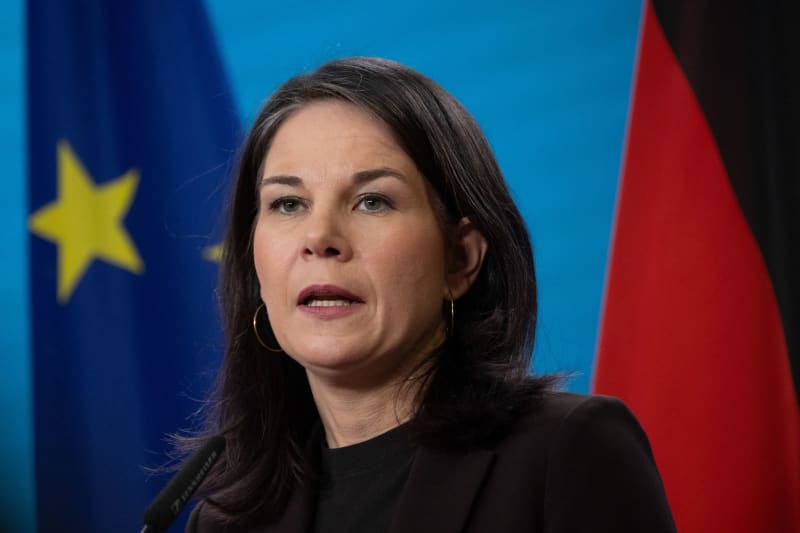German Foreign Minister Annalena Baerbock has recently voiced strong criticism of China’s support for Russia amidst its ongoing war against Ukraine, just prior to her visit to Beijing. She highlighted that, as a permanent member of the UN Security Council, China has a responsibility to uphold peace and security globally. Instead, she accused Beijing of undermining key European interests by supplying economic and military assistance to Russia, which she sees as perpetuating the conflict. Baerbock’s remarks reflect a broader concern in Europe regarding China’s role in the international arena and its implications for global stability.
Baerbock emphasized that Russia’s aggressive actions in Ukraine pose a significant threat to peace, a sentiment that she intends to address during her discussions in Beijing. The German diplomat underlined the urgency of acknowledging these threats in Sino-European relations, signaling that China’s support for Russia cannot be overlooked. This assertion indicates a growing recognition among Western nations about the need for cohesive strategies to counterbalance China’s influence, particularly as it relates to conflict zones like Ukraine.
During her visit, Baerbock is expected to have key discussions with Chinese Foreign Minister Wang Yi, focusing on the allegations surrounding China’s provision of military technology, including drones and drone components, to Russia. This concern is particularly pertinent given that the European Union is preparing to implement a 15th sanctions package targeting entities in China that are believed to facilitate Russia’s war efforts. Baerbock’s warning to Beijing about potential consequences highlights the seriousness with which Germany and the EU are approaching this issue.
China, for its part, has historically called for de-escalation in the conflict and expresses a preference for finding a political resolution. However, it remains a crucial ally for Russia, refraining from condemning Moscow’s military actions and instead softening its rhetoric in favor of a more cooperative approach. This ambivalence raises questions about China’s commitment to international peace initiatives and its willingness to align with global norms, particularly in the context of the war in Ukraine.
The dynamics of Sino-European relations are increasingly complicated by these developments. Baerbock’s upcoming discussions with her Chinese counterpart are part of a broader effort by European leaders to engage with China while also holding it accountable for its actions that are deemed to contravene international norms. The challenge lies in balancing dialogue and cooperation with the necessity to address significant geopolitical concerns, especially as European nations navigate the complexities of their ties with both China and Russia.
Ultimately, Baerbock’s visit to China underscores the precarious nature of international relations in the context of the Ukraine conflict. As Europe grapples with the realities of Russia’s aggression, the role of China as a supporter of Moscow presents a significant challenge that warrants careful diplomatic engagement. The outcomes of Baerbock’s discussions could have lasting implications for European foreign policy and its strategic approach to relations with both China and Russia in the coming years.

